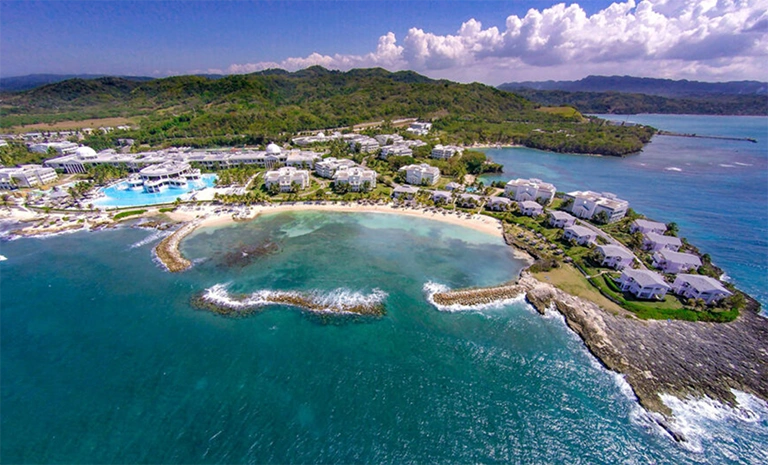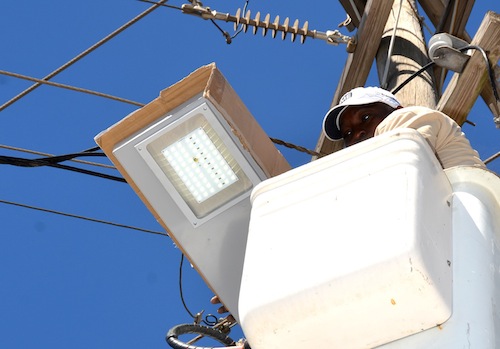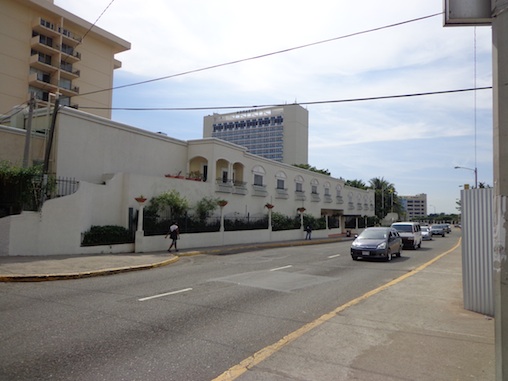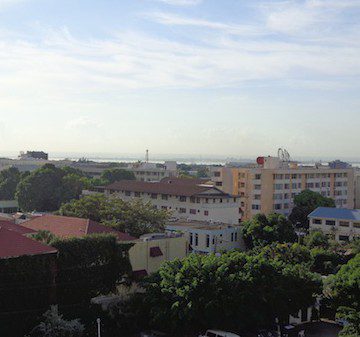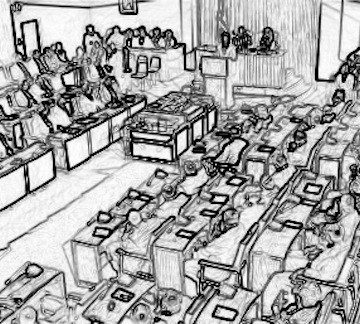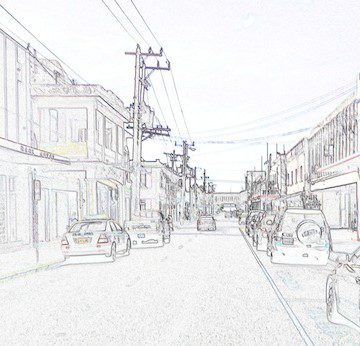Dennis Chung: Avoiding Economic and Social Decline in Jamaica
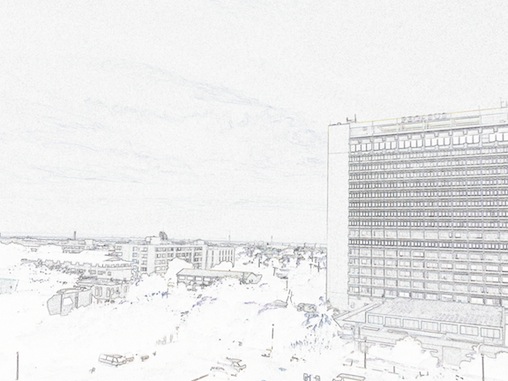
By Dennis Chung
CJ Contributor
JAMAICA IS ONCE AGAIN at an economic crossroads. Only this time it is more critical that we take the correct path, as the wrong one today leads over a precipice.
The last time we were here was in 2009, when we chose the route of the International Monetary Fund (IMF) and the Jamaica Debt Exchange (JDX). What we failed to do, though, is make the lasting adjustments necessary to ensure that we did not arrive at such a crossroads again.
I will once again make some suggestions about what our alternatives are, to which I once again expect criticism. Just as in 2009, I remember both Ralston Hyman and I saying we needed to go to the IMF, restructure the debt, and when the IMF agreement came that it would not work. We received much criticism and comments to the effect that we didn’t know what we were saying. But I will once again give my views and welcome the criticisms that may come, as the contention of ideas is what drives innovation.
The first thing to do is understand what fundamentally drives real economic growth and what kills it. Once we understand this, then it is fairly easy for us to determine which path we want to take based on the roadmap that is laid before us for either path. The approach needs to be similar to when assessing an organization and determining the main structural issues on which success depends.
The first thing to understand is that there is fundamentally one thing that makes for vibrant economic activity, and that is consumerism. This, in turn, depends on disposable incomes and employment levels. So the higher the levels of disposable incomes, the greater will be the level of economic activity and the wealthier a society will be. This is why the focus of the US during the recent economic crisis has been on unemployment, housing and retail consumption. The better these indicators then the more businesses will invest and the greater GDP growth.
Secondly, investments are always attracted to economies that are easier to do business (bureaucracy) and have predictable rules (law and order). If these are compromised then what we will get are investments that look for quick returns and low levels of capital investments. I have discussed this in great detail before, and therefore it is the first matter of consumerism that I want to focus on.
As we analyze various paths available for us to get out of the current economic quagmire, we need to understand the effect, and associated risks, on the fundamental building block of economic growth of consumerism. This is the basic argument behind stimulus versus austerity theories. The argument for stimulus is that, if the economy totals $100 and the government accounts for $50 and the private sector $50, then in an economic recession, if the private sector production reduces to $30, and if government spending reduces to $30, it will mean that the economy will shrink to $60.
Similarly, if the Government increases taxes, in such an economy, then it will mean that the consumer (private sector) will have less money to spend, and this will reduce economic activity. The result will be less company profits, increased unemployment, lower disposable income, and consequently lower “real” fiscal revenues. Let me also add that any significant reduction in disposable incomes will result in business failures.
Therefore, as we look at the alternatives, we must understand this effect of consumerism on the economy. This means that any solution we agree on implementing, must consider that employment is increased, disposable income is protected, and productivity increased.
It is for this reason that I do not support accepting anything the IMF dishes out to us. If, for example, they demand that we implement a significant tax package, say upwards of $30 billion, and/or implement JDX2, are we willing to accept this, even though we are well aware that it more than likely will have a significant negative impact?
This is why I say it is always prudent to ensure that there is an alternative to any path. In other words, while we continue to negotiate with the IMF to get the best deal for Jamaica, let us also think about alternatives. That is just plain common sense. In 2010 we accepted an IMF agreement which we said was impractical. Where are we today? Further, suppose the IMF agreement is not reality until March, does this mean we don’t think of alternatives.
I am personally in support of the statement by the finance minister that he will not accept just anything thrown at us.
Secondly, we must understand that new taxes will only cause further contraction. The tax packages we have introduced since 2010 is evidence of this. Since we love to follow the US so much, just look at the reaction of the market when they thought that they were heading for the fiscal cliff, and also when they believed that the Fed was not going to provide further stimulus.
Let us assume, however, that we will be able to negotiate a great deal with the IMF. The fact is that if we do nothing else, we will find ourselves back in our current predicament in a year or less. In 2010 we had the JDX and an IMF deal. Today, we are in a worse situation. This is because we failed to take the needed actions.
What we must also understand is that the longer we take to act then the more difficult the choices will be. This is why the IMF deal has become so important. Because of this delay, even if we implement what is necessary, then there is going to be some short-term pain. What is important for us to know, however, is how long the pain will be and how quickly we can reverse it.
I agree that the IMF deal will lessen the short-term impact, but that again depends on what the terms are. The choices we face are:
* IMF terms are too strenuous, and result in both short and long-term challenges.
* We go without the IMF, and implement the correct fiscal policies, then we will have short-term difficulties and good medium to long-term prospects.
* The IMF terms are favourable, and good accompanying fiscal policies, we will have a temporary reprieve and good medium to long-term challenges.
* The IMF terms are favourable, and no fiscal policy initiatives, then we will have a temporary reprieve and a worse long-term challenge.
These are the choices we face, and must seriously consider.
Dennis Chung is a chartered accountant and is currently Vice President of the Institute of Chartered Accountants of Jamaica. He has written two books: Charting Jamaica’s Economic and Social Development – 2009; and Achieving Life’s Equilibrium – balancing health, wealth, and happiness for optimal living – 2012. Both books are available at Amazon in both digital and paperback format. His blog isdcjottings.blogspot.com. He can be reached at drachung@gmail.com.
